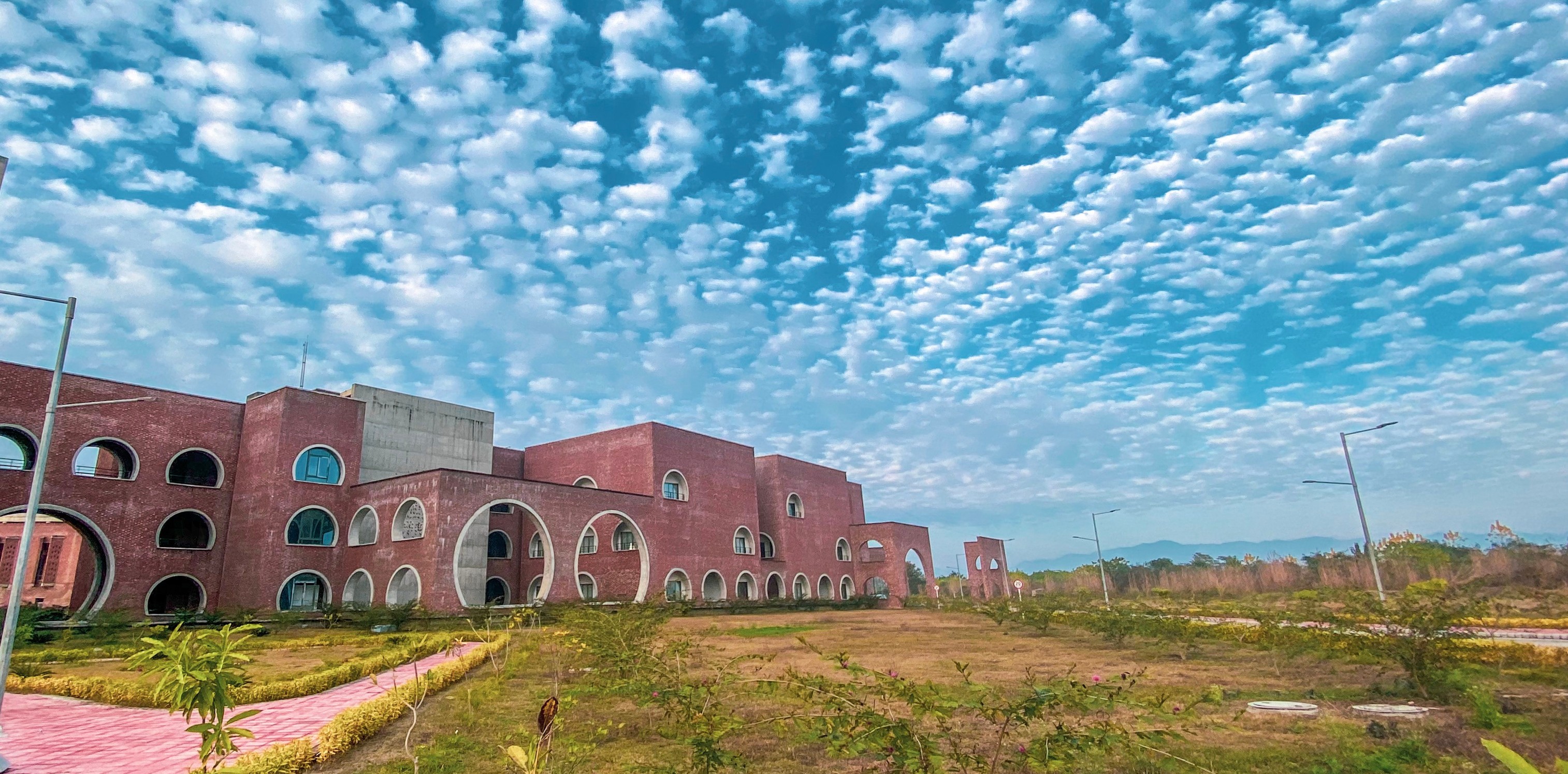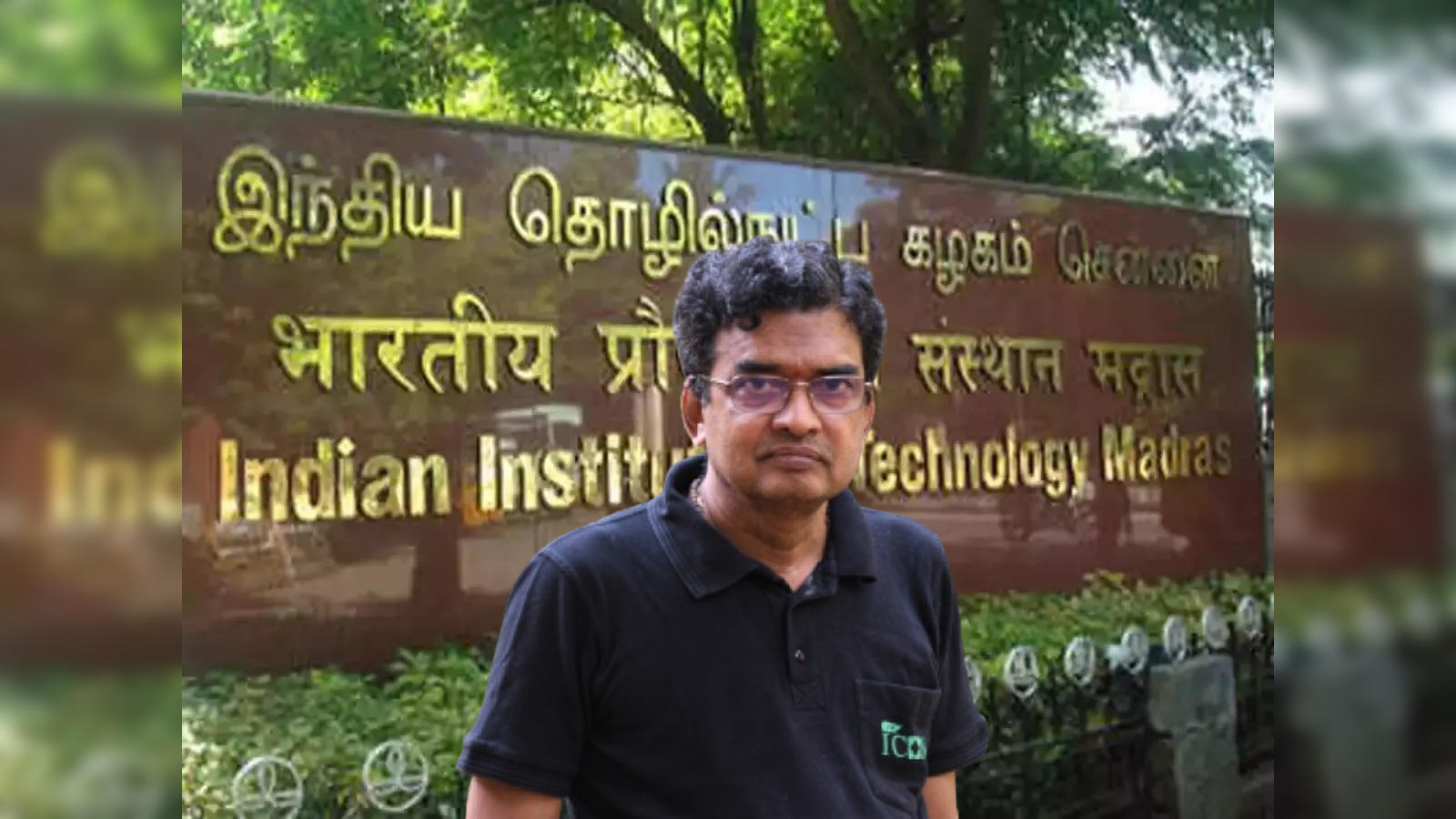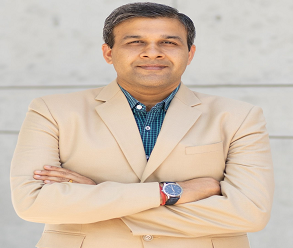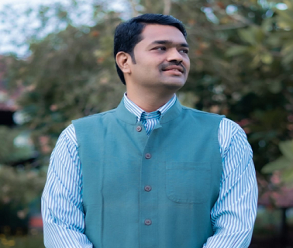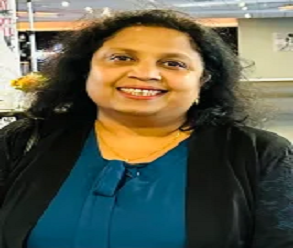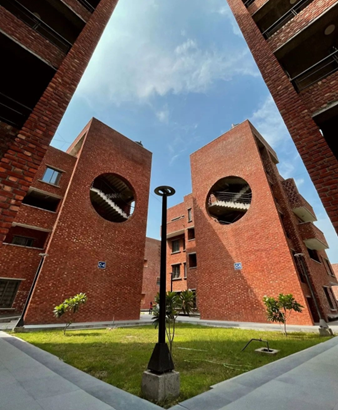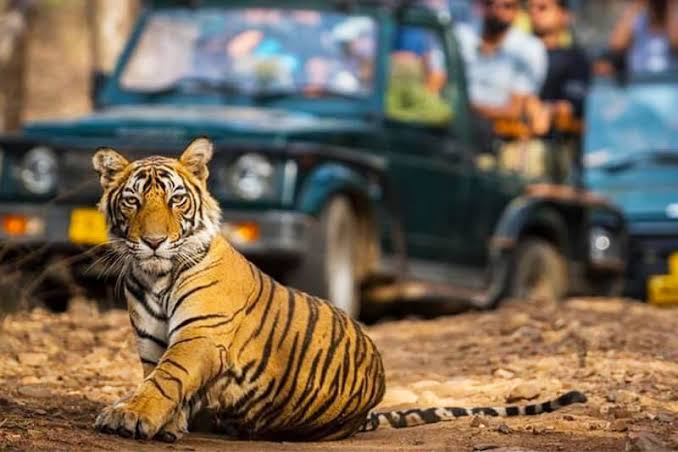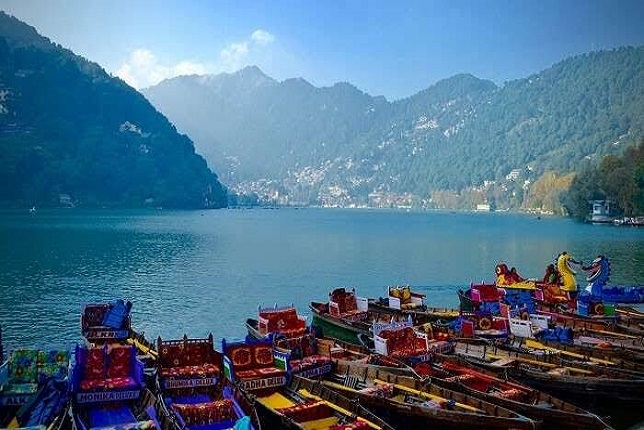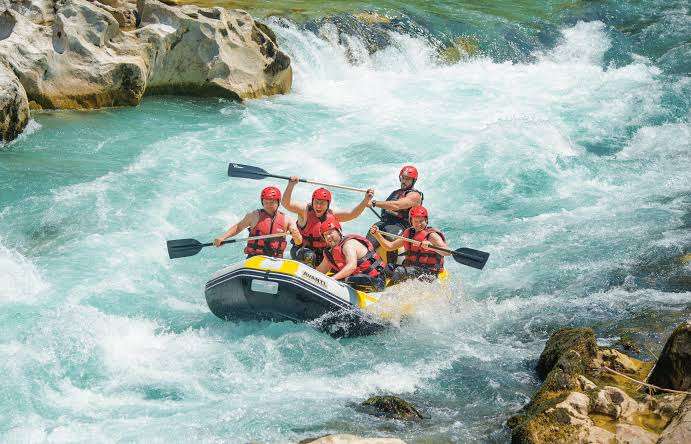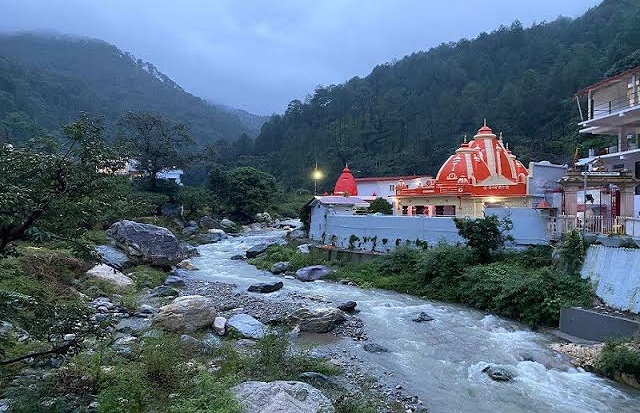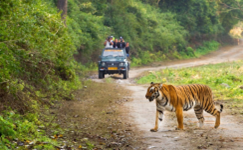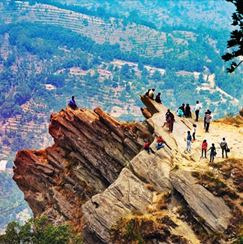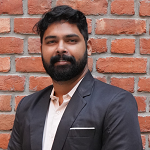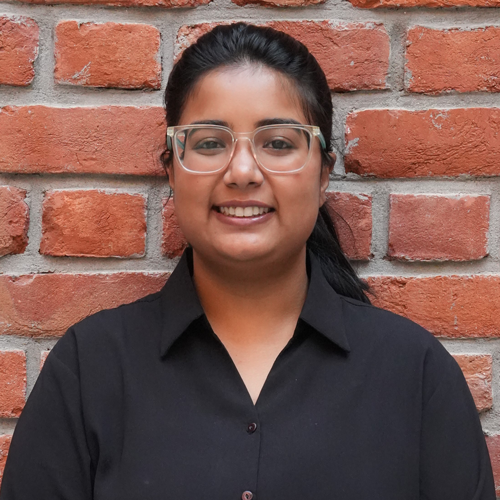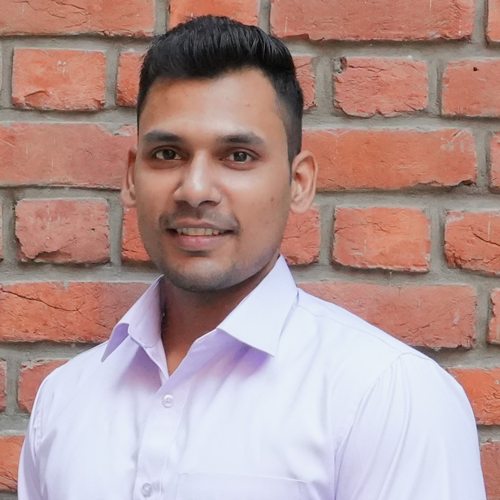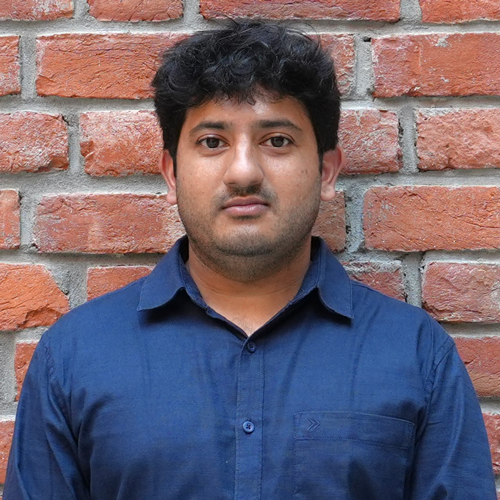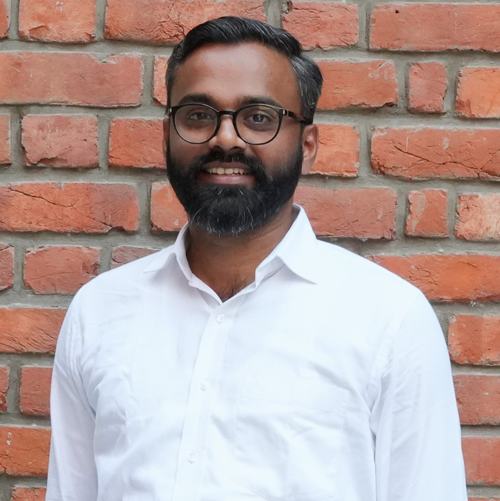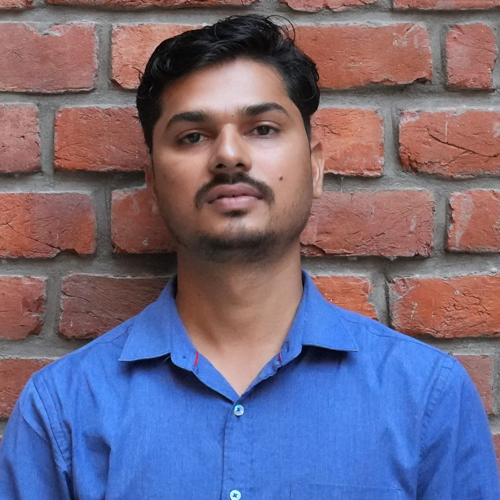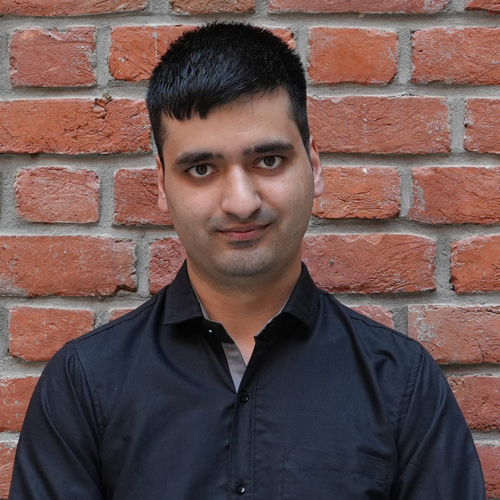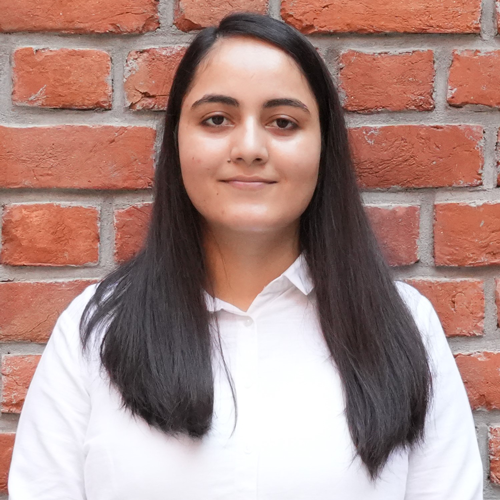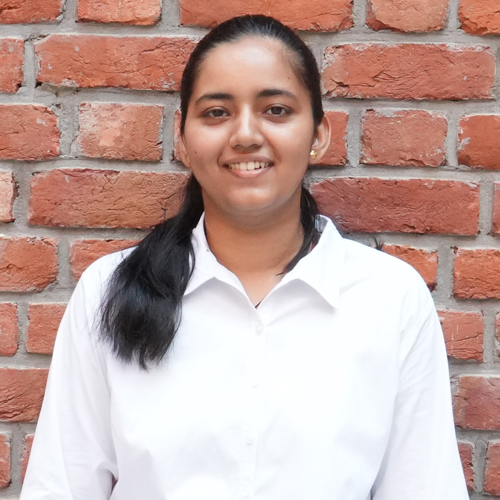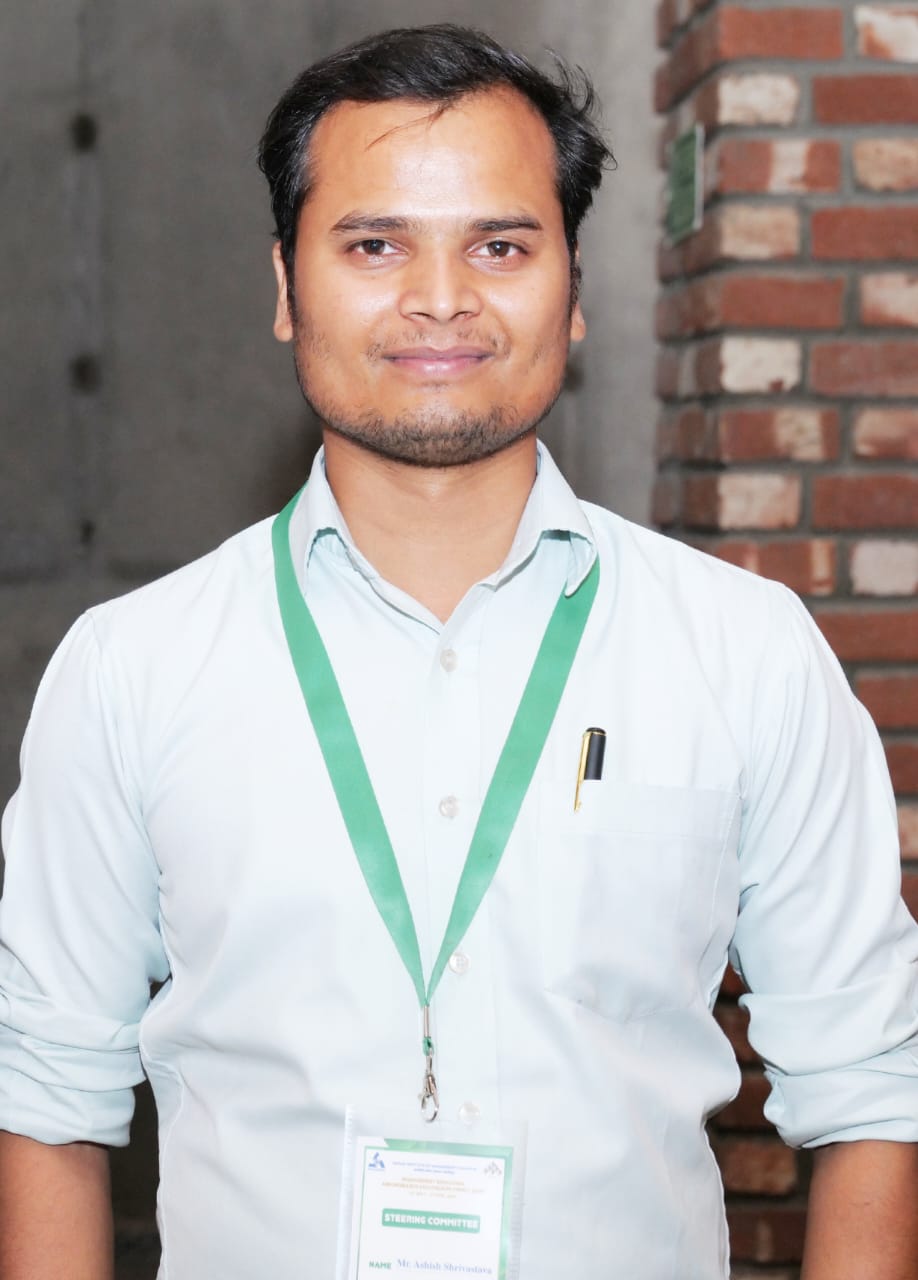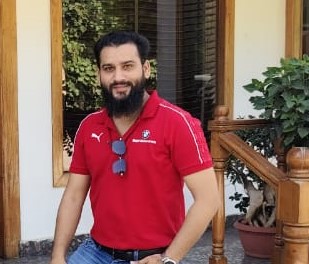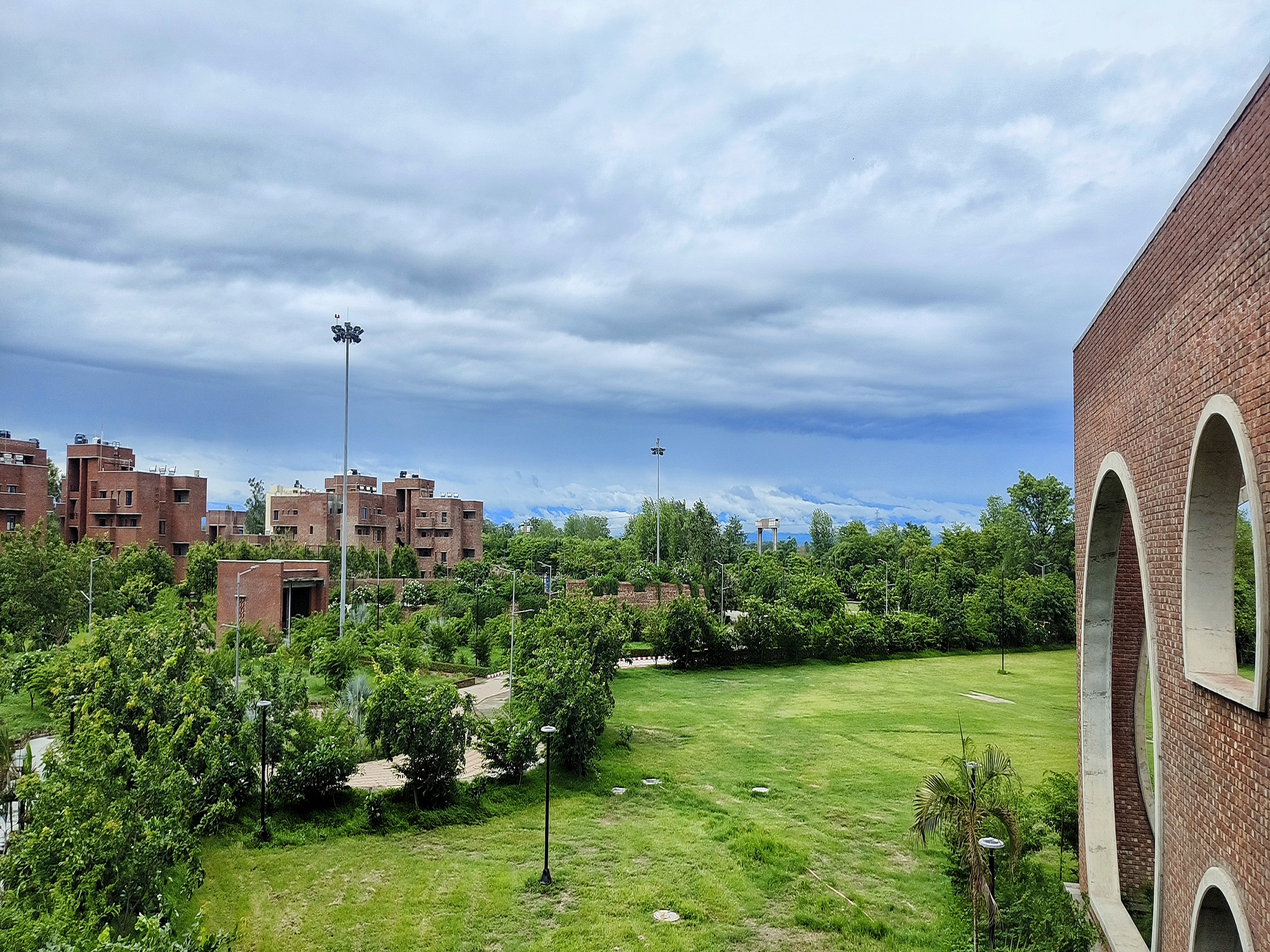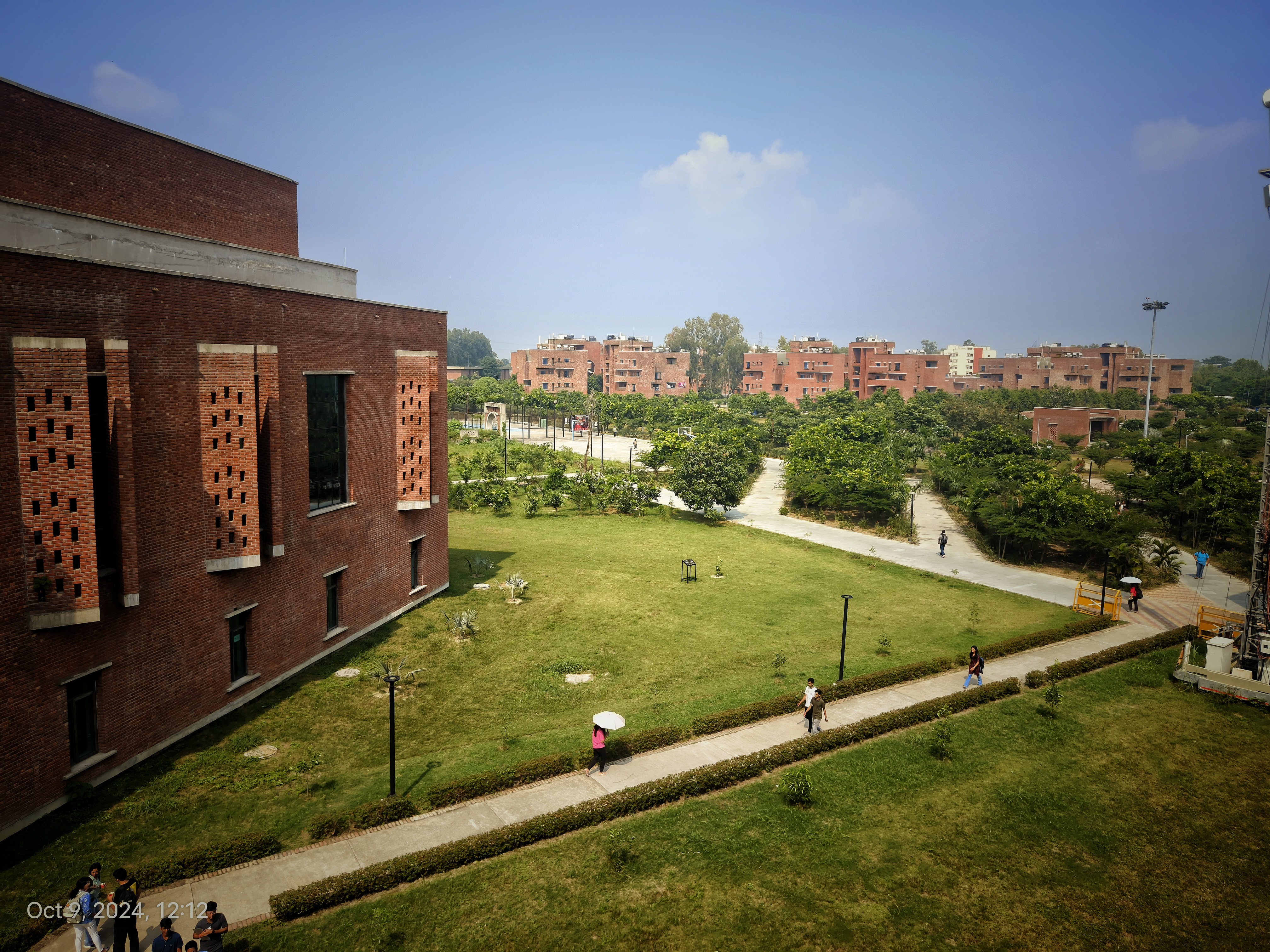ABOUT IIM KASHIPUR
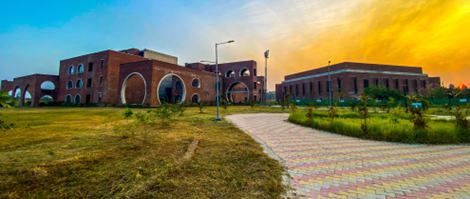
The Indian Institute of Management Kashipur is a second-generation IIM set up by the Government of India in 2011. It aspires to achieve excellence in management education by using innovative teaching methods, promoting high quality research and practicing sustainable leadership.
Celebrating fourteen years of serving the education and management sector, IIM Kashipur is committed to its four core values: collegiality, transparency, green consciousness, pro-active engagement with all stakeholders. The institute believes that as an institution of national importance, it has a larger role to play in the field of management education and social transformation. Our strategic goals include improvement of the academic ecosystem; synergy between educational theory, practice, and research; promotion of innovation, entrepreneurship and public service; empowerment of local stakeholders; upliftment of economically challenged sections of the society; and gender diversity.
The institute is bestowed with the stunning beauty of nature, lending a wholesome experience to academic rigour. The 200-acre campus situated just 25 kms away from Jim Corbett National Park, spreads loudness and cheers in the serene town of Kashipur, nested in the lap of Himalayas. The institute is also situated in one of the densest industrialized districts with more than 180 ventures that have set up their plants in and around the region.
For further details on IIM Kashipur, please visit https://www.iimkashipur.ac.in
